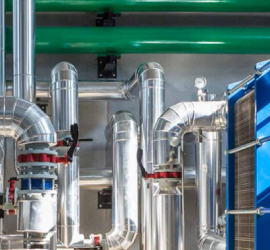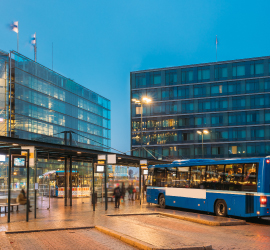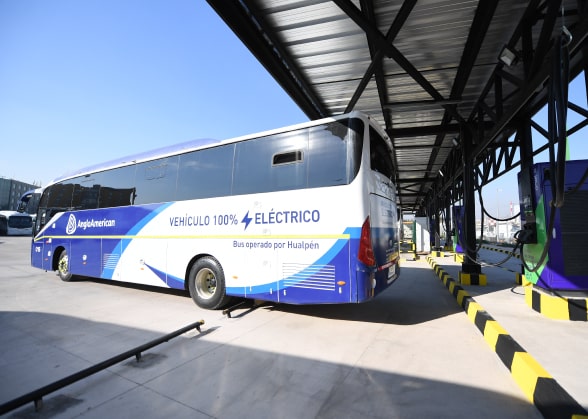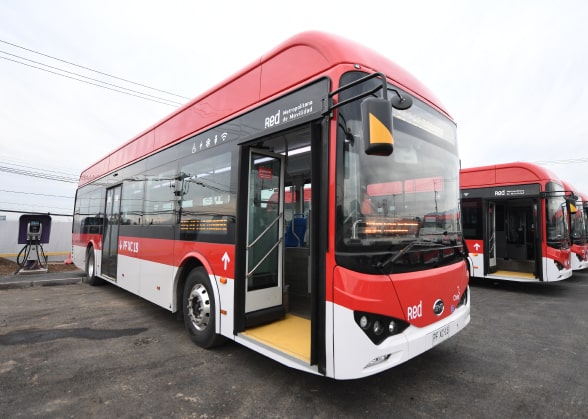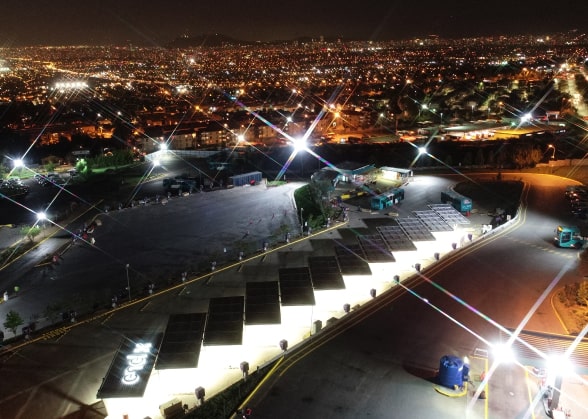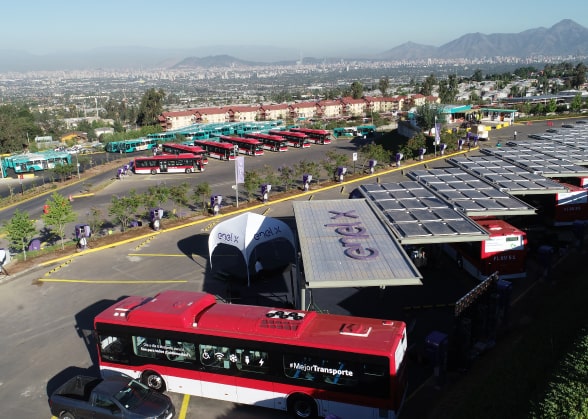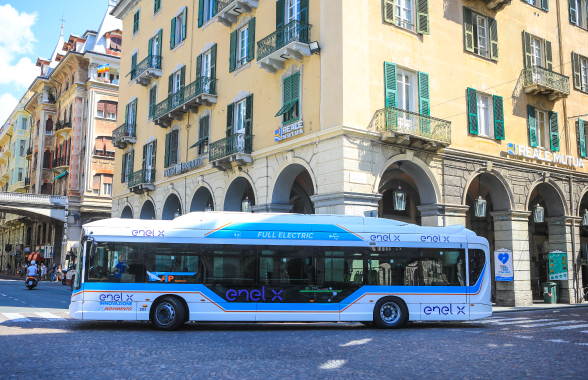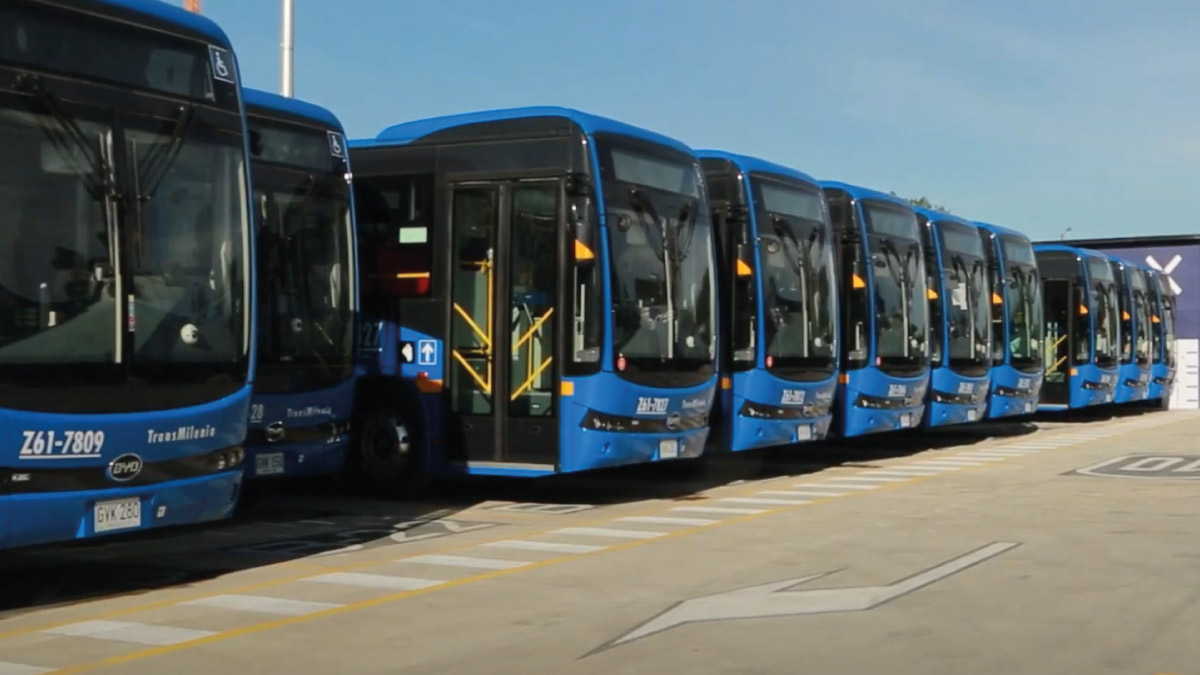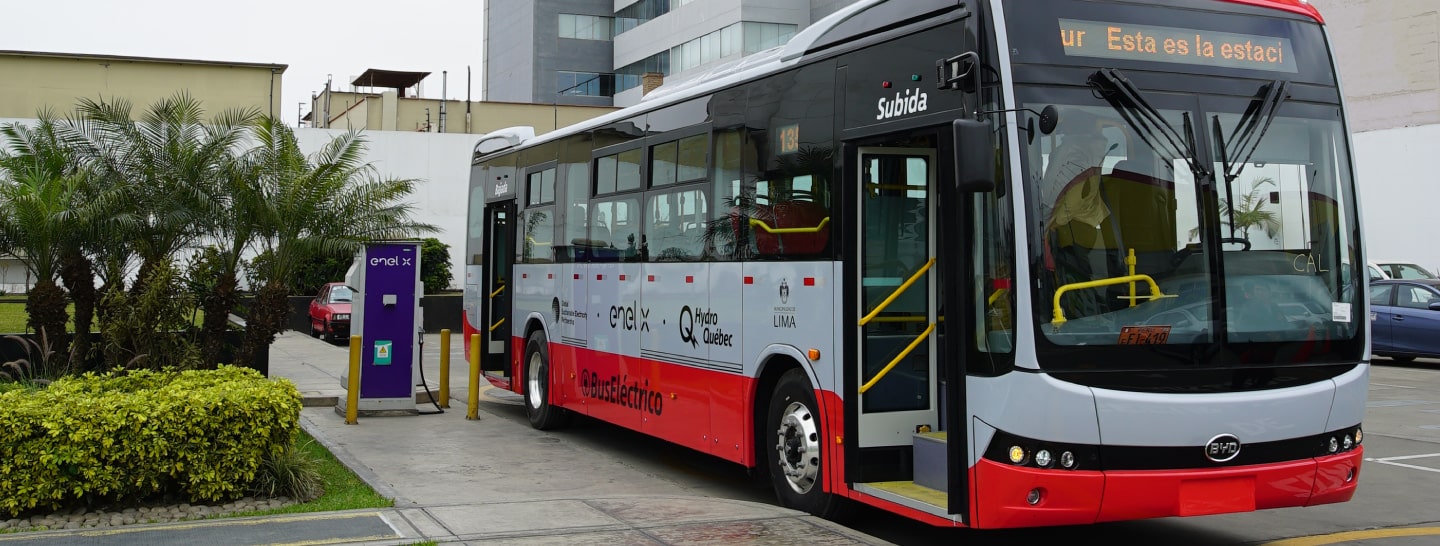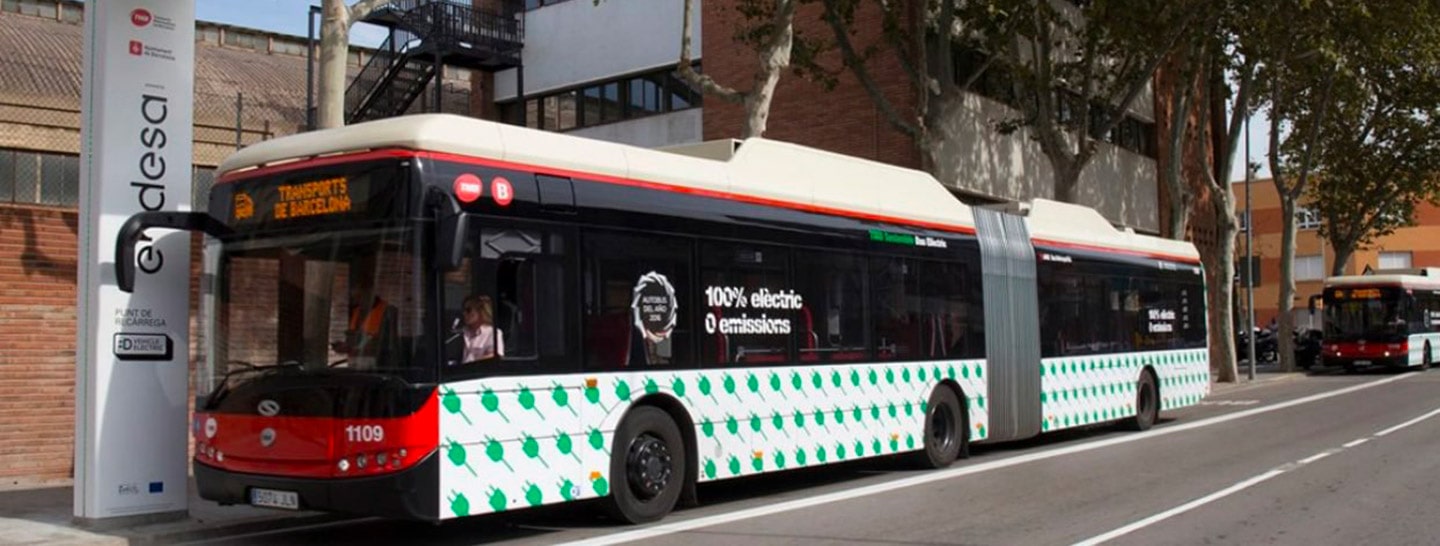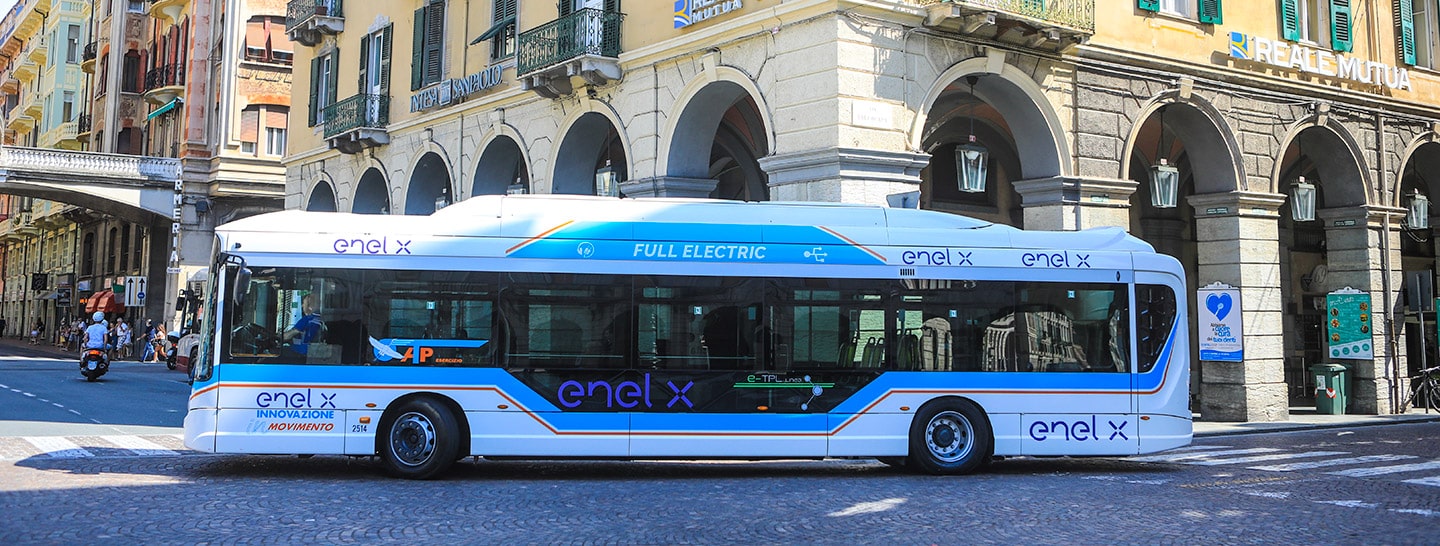One growls, coughs and belches pollutants into the air as it moves noisily along urban streets; the other whirrs along quietly, emitting nothing into the air and generally leaving passengers (and the people it passes by) feeling peaceful and enjoying the ride: the latter – a zero-emission electric bus – represents the future of urban public and sustainable mobility. Why? Start with the user experience, which is critical to encouraging ever more people to adopt public transport as part of efforts to create more sustainable cities. Aside from the user experience the zero emissions bus offers many additional advantages over its fossil-fuel powered cousins, including:
- greater performance efficiency;
- lower operational expenditures - compared to diesel buses, electric buses cost about 50% as much to operate, mainly due to lower costs associated with powering the buses;
- lower maintenance expenses, equivalent to almost half the cost for diesel buses as electric buses have fewer components;
- ease of battery recharging, thanks to electric socket charging;
- regenerative braking, which allows for converting heat generated by braking into electricity to recharge batteries.
Thanks to their ability to cut pollutants and climate-altering greenhouse gas emissions while keeping noise levels to a minimum, electric buses improve living conditions for urban residents. and increase the electrification of transport. Which explains why, unsurprisingly, they are finding increasing use not only in terms of urban public transport, but also as alternatives to petrol-powered school and shuttle buses.

